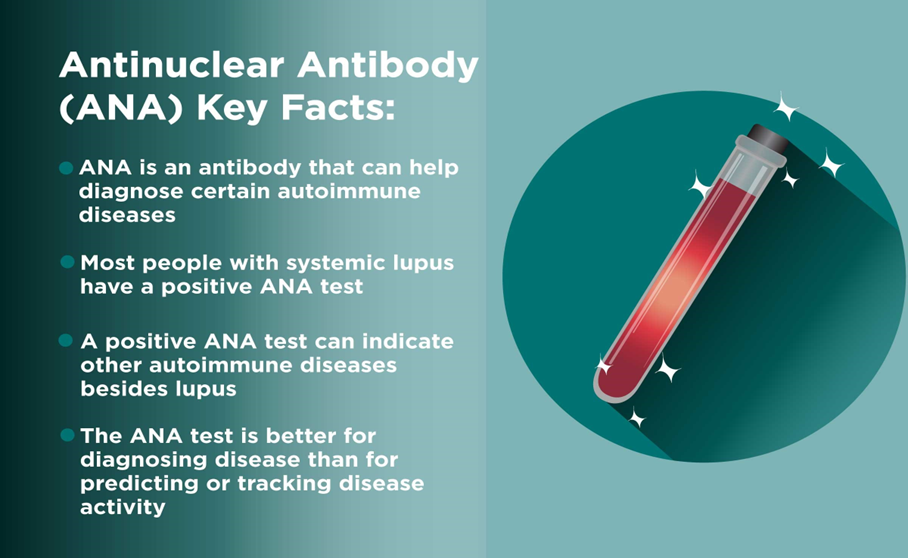A nurse is assessing a 28-year-old client with HIV who has been admitted with pneumonia. Which of the following observations should the nurse prioritize?
Tachypnea and restlessness
Weight loss of 1 pound since yesterday
Frequent loose stools
Oral temperature of 100°F
The Correct Answer is A
Rationale for Choice A:
Tachypnea and restlessness are common signs of respiratory distress, which is a potential complication of pneumonia. These signs indicate that the client's oxygenation may be compromised and require immediate attention.
Rationale for Choice B:
Weight loss of 1 pound since yesterday is a non-specific finding and could be due to a variety of factors, including poor appetite, dehydration, or muscle wasting. While weight loss can be a symptom of HIV infection, it is not an acute sign that requires immediate prioritization in this case.
Rationale for Choice C:
Frequent loose stools can be a symptom of HIV infection or a side effect of certain medications. However, it is not an acute sign that requires immediate prioritization in this case, especially in the context of the client's respiratory distress.
Rationale for Choice D:
An oral temperature of 100°F is a low-grade fever and is not a specific indicator of any serious condition. While fever can be a symptom of pneumonia, it is not the most concerning finding in this case.
Therefore, based on the client's presenting symptoms, tachypnea and restlessness are the most concerning findings and should be prioritized by the nurse.
Nursing Test Bank
Naxlex Comprehensive Predictor Exams
Related Questions
Correct Answer is ["A","D","E"]
Explanation
Choice A rationale:
Antinuclear antibody (ANA) titer is a blood test that detects the presence of antinuclear antibodies, which are autoantibodies that target the body's own tissues. These antibodies are often present in people with autoimmune diseases, including rheumatoid arthritis.
While a positive ANA test does not definitively diagnose rheumatoid arthritis, it can support a diagnosis when considered alongside other clinical findings and laboratory tests.

Choice B rationale:
Blood urea nitrogen (BUN) is a blood test that measures the amount of urea nitrogen in the blood. Urea nitrogen is a waste product that is produced when the body breaks down proteins.
BUN levels can be elevated in people with kidney disease, dehydration, or certain other medical conditions. However, BUN is not specifically used to diagnose rheumatoid arthritis.
Choice C rationale:
Urinalysis is a test that examines the urine for various substances, including cells, bacteria, and chemicals.
It can be used to diagnose a variety of conditions, including urinary tract infections, kidney disease, and diabetes. However, urinalysis is not typically used to diagnose rheumatoid arthritis.
Choice D rationale:
Erythrocyte sedimentation rate (ESR) is a blood test that measures how quickly red blood cells settle at the bottom of a test tube.
A high ESR can indicate inflammation in the body.
ESR is often elevated in people with rheumatoid arthritis, as it is a marker of inflammation.
Choice E rationale:
White blood cell count (WBC) is a blood test that measures the number of white blood cells in the blood. White blood cells are part of the immune system and help fight infection.
A high WBC count can indicate an infection or inflammation.
WBC count can be elevated in people with rheumatoid arthritis, as it is a marker of inflammation.
Correct Answer is D
Explanation
Choice A rationale:
The length of time the mother has been caring for the baby is not directly relevant to the risk of HIV transmission through breastfeeding. While a longer duration of breastfeeding may increase overall exposure, the primary concern is whether breastfeeding is occurring at all, as it presents a significant transmission route.
Choice B rationale:
Kissing does not typically transmit HIV, as the virus does not survive well outside the body. While there is a very low theoretical risk of transmission if both individuals have open sores or bleeding gums, it's not a primary concern in this scenario.
Choice C rationale:
The timing of the baby's last antibiotic treatment is not directly relevant to the risk of HIV transmission from breastfeeding. Antibiotics do not prevent or treat HIV infection, and their use would not impact the assessment of breastfeeding-related risks.
Choice D rationale:
Breastfeeding is a significant route of HIV transmission from mother to child. If the baby is breastfeeding, it's crucial for the nurse to determine the mother's viral load and CD4 count, assess the baby's HIV status, and provide appropriate counseling and interventions to reduce the risk of transmission. This information is essential for guiding decisions about infant feeding and potential prophylactic measures to protect the baby's health.
Whether you are a student looking to ace your exams or a practicing nurse seeking to enhance your expertise , our nursing education contents will empower you with the confidence and competence to make a difference in the lives of patients and become a respected leader in the healthcare field.
Visit Naxlex, invest in your future and unlock endless possibilities with our unparalleled nursing education contents today
Report Wrong Answer on the Current Question
Do you disagree with the answer? If yes, what is your expected answer? Explain.
Kindly be descriptive with the issue you are facing.
